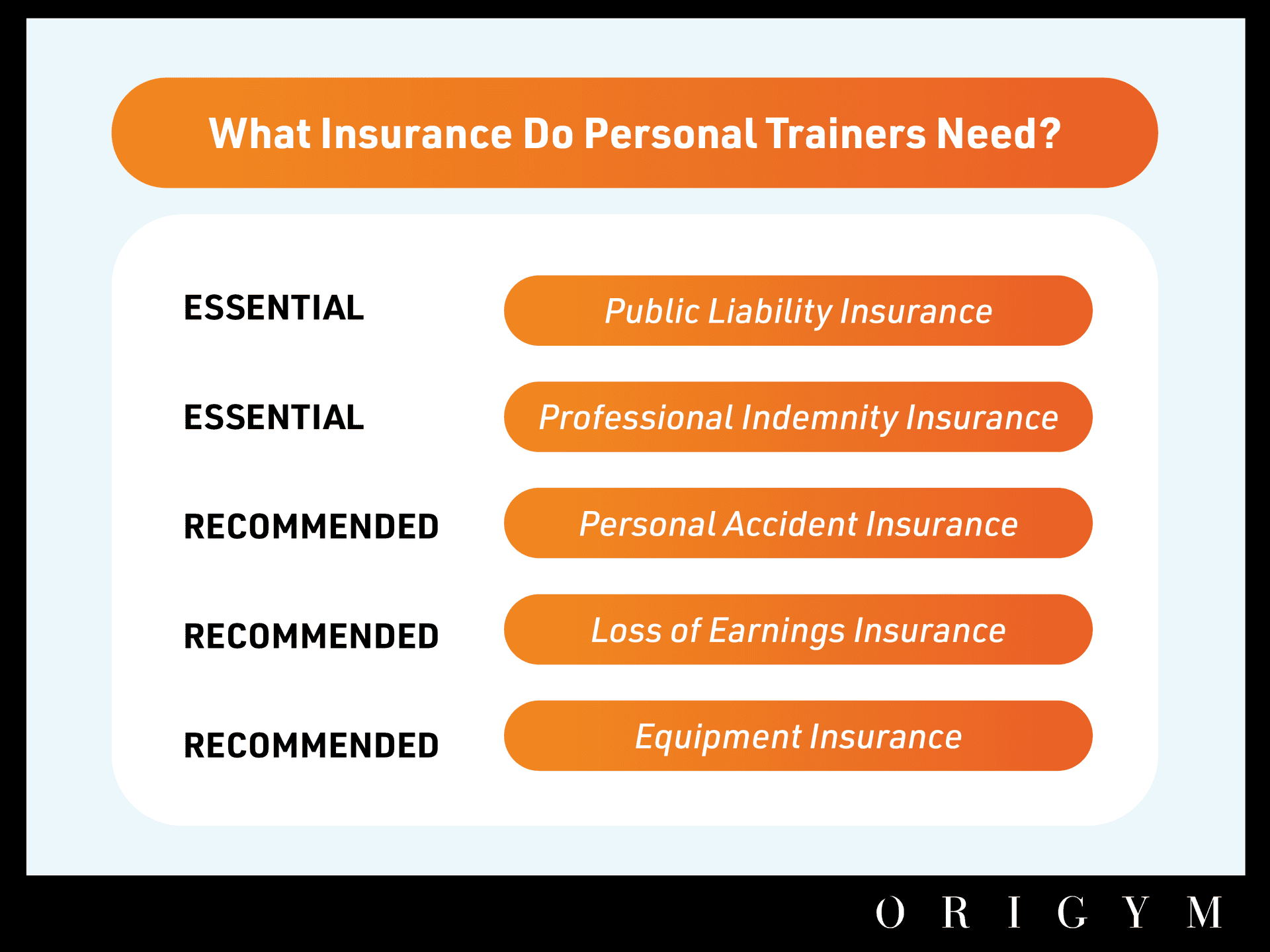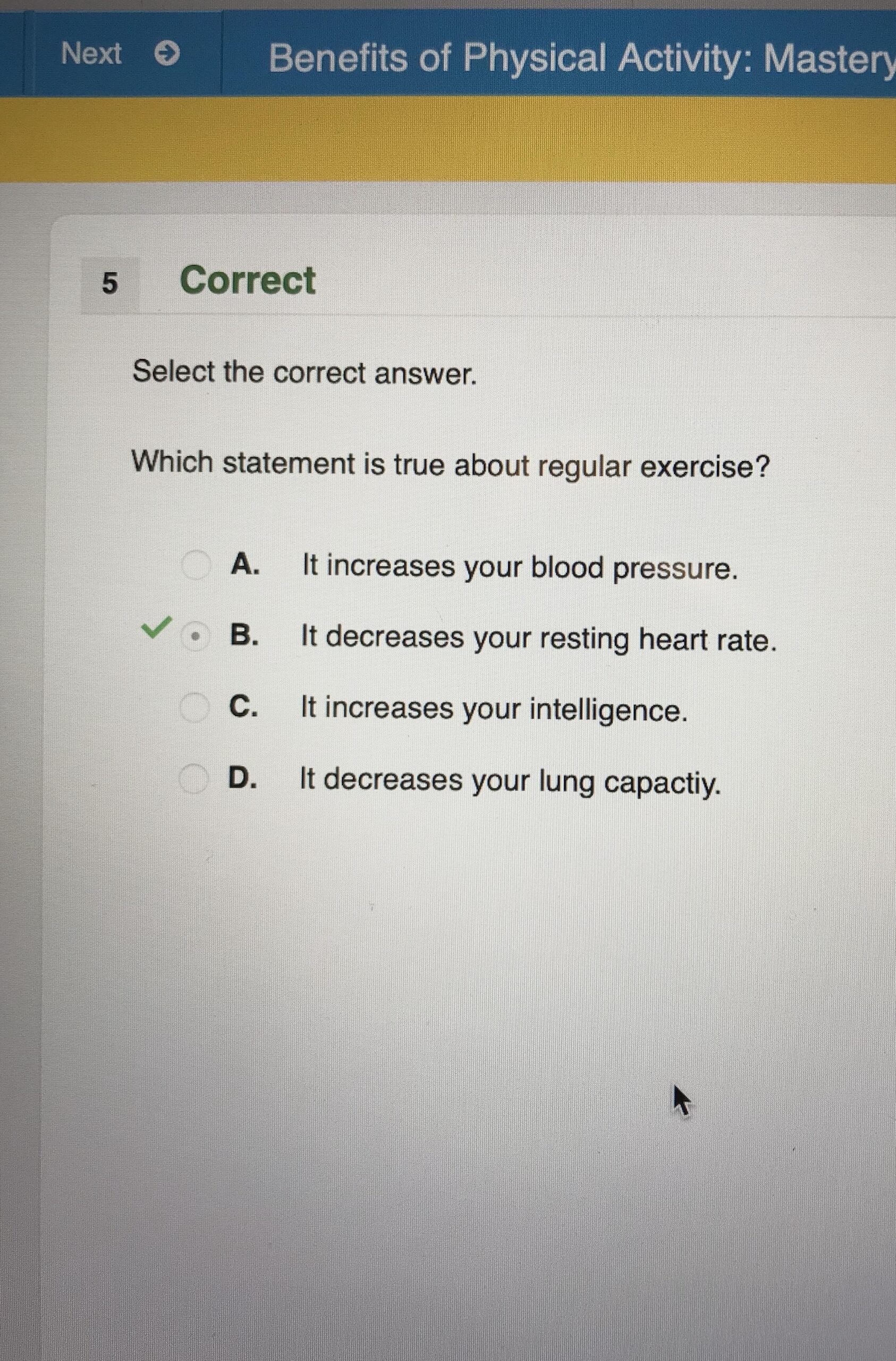To be a personal trainer, you typically need a high school diploma and certification from a recognized organization. Additional certifications and a relevant bachelor’s degree can enhance your qualifications for this profession.
Pursuing continuing education in fitness and nutrition can also be beneficial. As a personal trainer, your role involves designing customized workout plans, motivating clients, and providing guidance on proper exercise techniques. Strong communication skills and a passion for fitness are essential qualities for success in this career.
In a competitive industry, staying updated with the latest fitness trends and techniques is crucial to stand out and build a successful personal training business.
The Importance Of Qualifications
The Importance of Qualifications:
Obtaining a basic certification is crucial for starting your career as a personal trainer.
It validates your knowledge and skills in fitness training and client interaction.
Consider specializations such as strength training or nutrition to enhance your expertise.
Specializing can attract specific client bases and improve earning potential.
Continuous education is vital to stay updated on latest trends and scientific advancements.
Regular training workshops and courses help in expanding your knowledge base.

Credit: origympersonaltrainercourses.co.uk
Basic Certification
Basic certification is the fundamental requirement to begin a career as a personal trainer.
Role Of Basic Certification
Basic certification provides a foundational knowledge of exercise science and training techniques.
Recognized Certifying Organizations
ACE, NASM, and ISSA are some well-known certifying organizations for personal trainers.
Course Requirements
- Completion of a specified number of training hours
- Passing a written exam
- Valid CPR/AED certification
Specializations
To become a personal trainer, necessary qualifications typically include a relevant certification from accredited institutions. Specializations in areas such as nutrition, sports performance, or rehabilitation can enhance your expertise and marketability. Continuously updating your skills through workshops and courses is also essential in this dynamic field.
Enhancing Expertise
Specializing in a specific area of personal training not only enhances your expertise but also allows you to offer a more personalized and targeted approach to your clients. By diving deep into a specialization, you can develop advanced knowledge and skills that set you apart from other trainers.
Popular Specializations
There are several popular specializations within the field of personal training that you can choose from based on your interests and goals. These specializations include:
- Strength and conditioning training
- Weight loss and nutrition
- Sports performance
- Injury rehabilitation
- Functional training
Each of these specializations caters to specific client needs and demands, allowing you to tailor your services and excel in a specific niche. By specializing in a popular area, you can increase your demand and attract clients who are specifically looking for expertise in that area.
Benefits Of Specializations
Choosing a specialization as a personal trainer comes with numerous benefits:
- Increased marketability: Specializing in a particular area makes you stand out from the crowd and gives you a unique selling point in a competitive industry.
- Higher earning potential: As a specialized trainer, you can command higher rates for your services, as clients are willing to pay a premium for expertise.
- Greater job satisfaction: Focusing on an area you are passionate about allows you to enjoy your work more and provides a sense of fulfillment.
- Opportunities for growth: Specializations provide opportunities for continuous learning and professional development, allowing you to stay updated with the latest research and trends in your chosen field.
Ultimately, specializing in a particular area of personal training not only benefits you as a trainer but also benefits your clients, as they receive specialized knowledge and tailored workouts that cater to their specific goals and needs.
Continuing Education
In the ever-evolving field of personal training, continuing education is essential for staying current with the latest industry trends, best practices, and scientific research. Achieving and maintaining relevant qualifications is important for personal trainers to provide high-quality service and stay competitive in the market.
The Need For Ongoing Learning
Keeping pace with the latest advancements in fitness, nutrition, and exercise science is crucial for personal trainers. Continuing education enables them to refine their skills, expand their knowledge, and enhance their ability to deliver effective training programs that meet the evolving needs of their clients. It also helps in elevating their professional status and credibility in the industry.
Options For Continuing Education
Personal trainers looking to advance their careers have a variety of options for continuing education. They can opt for workshops, seminars, webinars, or online courses offered by reputable organizations and institutions. Additionally, pursuing higher academic degrees in kinesiology, exercise science, or related fields is an excellent way to enhance their expertise.
Professional Development Opportunities
Several professional development opportunities exist for personal trainers to broaden their scope of knowledge and skills. These may include specialized certifications in areas such as sports nutrition, corrective exercise, strength and conditioning, or functional training. Another option is attending industry conferences and networking events, which can provide valuable insights from renowned experts and thought leaders in the field.
Requirements Beyond Qualifications
Interpersonal Skills
To be a successful personal trainer, interpersonal skills are just as essential as qualifications. Effective communication, empathy, and the ability to motivate clients are crucial for building strong relationships and ensuring client satisfaction.
Anatomy And Physiology Knowledge
A solid grasp of anatomy and physiology is fundamental for personal trainers. Understanding how the body functions and responds to exercise enables trainers to design safe and effective workout programs tailored to individual clients.
Business And Marketing Skills
Equipping yourself with business and marketing skills is imperative for thriving in the competitive fitness industry. It involves knowing how to market your services, manage finances, and attract and retain clients to grow your personal training business.
Challenges In Becoming A Personal Trainer
To become a personal trainer, you need a high school diploma, CPR certification, and a certification from a recognized organization like ACE or NASM. Additionally, a degree in exercise science or a related field can provide a competitive edge in the industry.
It is important to continuously update your knowledge and skills through workshops and courses to stay relevant in the field.
Becoming a personal trainer is an exciting career choice for many individuals passionate about fitness and helping others reach their health goals. However, it’s important to recognize the challenges that come along with pursuing this career path. From the time commitment required to the financial investment and the competition in the industry, there are various obstacles to overcome. In this section, we’ll delve deeper into these challenges and provide insight into what you need to consider before embarking on the journey of becoming a personal trainer.
Time Commitment
Becoming a personal trainer requires a significant time commitment. To attain the necessary certifications and qualifications, you’ll need to invest dedicated hours of learning and practical training. The process typically involves completing a training program or obtaining a degree in a related field, such as exercise science or kinesiology. These programs often require a combination of classroom lectures, practical lab sessions, and hands-on experience.
Additionally, personal trainers often work irregular hours to accommodate their clients’ schedules. This means you might find yourself working early mornings, late evenings, and even weekends. It’s essential to have the flexibility and willingness to adjust your own schedule to meet the needs of your clients.
Financial Investment
Becoming a personal trainer also requires a financial investment. The cost of certification programs, training courses, study materials, and exams can add up. It’s crucial to research and identify reputable certification organizations and compare their costs to find the best fit for your budget. Keep in mind that investing in a recognized and well-accepted certification will increase your credibility and marketability as a personal trainer.
Moreover, don’t forget to consider the ongoing expenses related to maintaining your qualifications. Many certification bodies require continuing education credits, which means you’ll need to invest in workshops, seminars, and courses to stay updated with the latest industry trends and research.
Competition In The Industry
The fitness industry is highly competitive, and this holds true for the personal training sector. There’s a constant influx of new trainers entering the market, joining established professionals who have already built a client base. This high level of competition means you’ll need to differentiate yourself and stand out from the crowd to attract clients.
To overcome this challenge, it’s crucial to develop a strong personal brand and marketing strategy. Highlight your unique skills, specialized knowledge, or niche expertise that sets you apart. Building a positive reputation through word-of-mouth recommendations and client testimonials will also help you establish trust and credibility in the industry.
In Summary, becoming a personal trainer presents its fair share of challenges. The time commitment required, financial investment, and competition in the industry are factors that aspiring trainers need to consider. However, by embracing these challenges and staying dedicated to your craft, you can carve out a successful career in the ever-growing fitness industry.
Other Considerations
Other Considerations:
Insurance
Personal trainers should have liability insurance to protect themselves and their clients.
First Aid And Cpr Certification
Having First Aid and CPR certification ensures trainers are prepared to handle emergencies.
Continuing Professional Development
Continuous learning through professional development helps trainers stay updated with the latest fitness trends.

Credit: www.instituteofpersonaltrainers.com

Credit: www.issaonline.com
Frequently Asked Questions Of What Qualifications Do I Need To Be A Personal Trainer?
What Are The Required Qualifications To Become A Personal Trainer?
To become a personal trainer, you typically need a high school diploma, CPR certification, and a recognized certification such as NASM, ACE, or ACSM. Some employers may also require a bachelor’s degree in a related field or specific experience. Check with your local gym or fitness center for specific requirements.
Is It Necessary To Have A Degree To Become A Personal Trainer?
While a bachelor’s degree in exercise science or a related field can enhance your knowledge and job prospects, it is not always a strict requirement to become a personal trainer. Many successful trainers have obtained certifications and practical experience without a degree.
However, a degree may be preferred by some employers.
Can I Start My Career As A Personal Trainer Without Any Certification?
While it’s technically possible to start a career as a personal trainer without certification, it’s not recommended. Certification not only enhances your knowledge and skills but also builds credibility in the industry. Most employers and clients prefer certified trainers to ensure they receive quality training and guidance.
What Certifications Are Most Recognized In The Fitness Industry For Personal Trainers?
The most recognized certifications in the fitness industry for personal trainers include NASM (National Academy of Sports Medicine), ACE (American Council on Exercise), ACSM (American College of Sports Medicine), and ISSA (International Sports Sciences Association). These certifications are well-regarded and demonstrate a high level of expertise and professionalism.
Conclusion
Becoming a personal trainer requires a combination of knowledge, skills, and certifications. It’s important to have a strong foundation in exercise science, nutrition, and anatomy. Additionally, obtaining certifications from reputable organizations such as ACE, NASM, or ACSM can greatly enhance your credibility and marketability.
Remember, a personal trainer’s role goes beyond physical fitness; it also requires effective communication, empathy, and the ability to motivate and inspire clients. So, if you have the passion and dedication to help others achieve their health and fitness goals, pursuing a career as a personal trainer could be a fulfilling and rewarding path for you.











